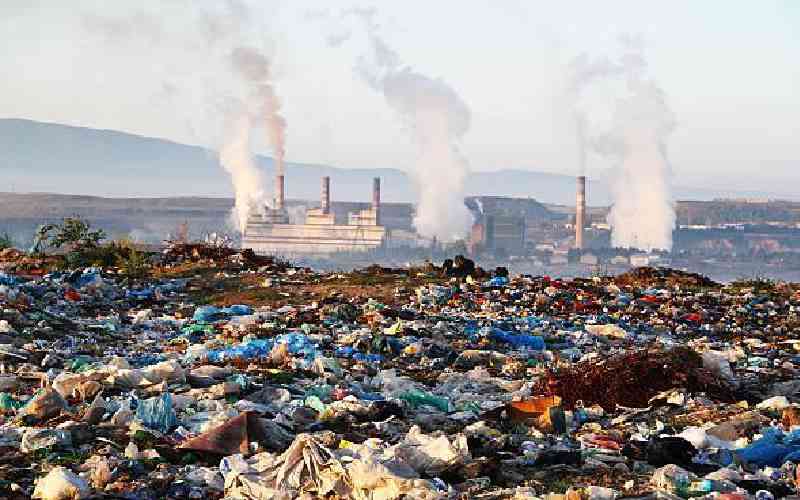×
The Standard e-Paper
Stay Informed, Even Offline

The planet has experienced an average decline of 69 percent in its species populations since 1970, a new report has revealed.
The declining trend in vertebrate populations has continued despite an array of political and private sector commitments, according to Living Planet 2022-Building a Nature-Positive Society, by World Wide Fund (WWF).